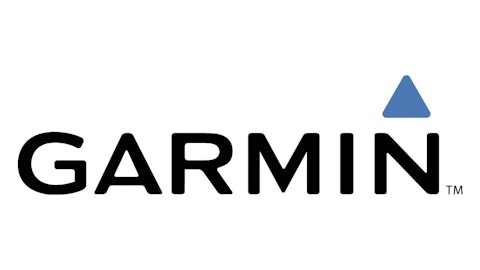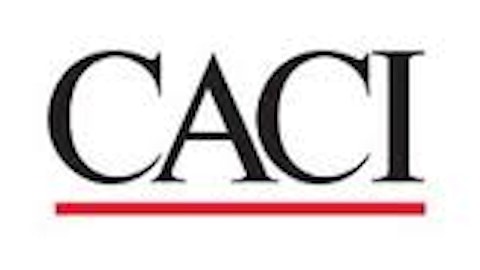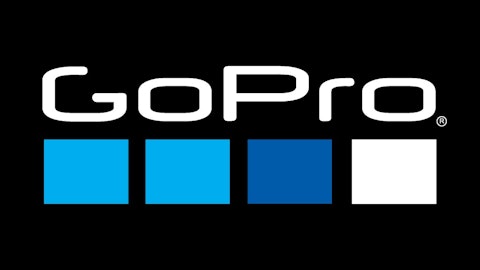Gotham Asset Management, led by famed special situations investor Joel Greenblatt, was the largest hedge fund shareholder in the shares of Garmin Ltd. (NASDAQ:GRMN) as of the latest filings. Gotham’s position consisted of about 1.5 million GRMN shares worth $65 million. Gotham was joined by Select Equity Group with 838,402 shares and Winton Capital with 391,152 shares. Other funds with stakes in GRMN in the top ten among hedge funds were Marshall Wace, Adage Capital, and quant-fund Renaissance Technologies with a new holding. Overall, hedge funds had a bearish stance on GRMN according to their latest filings as twelve funds exited their positions. Moreover, the total investment by hedge funds in GRMN shares fell by 52% to $258 million. Columbus Circle exited the largest position made up of 1.6 million shares. Five funds did initiate positions in Garmin, however; besides Renaissance – Sprott Asset Management, Moore Global Investment, and Bluecrest Capital entered into positions in GRMN shares. So should you take a hint from Columbus Circle and put your money to work elsewhere or join Gotham and Sprott by building a position in GRMN? Research by Insider Monkey (see more details here) shows that analyzing these hedge fund moves can be beneficial to the everyday investor and foreshadow future returns.

GRMN remains in a great financial position with the company’s liquidity evidenced by its current and quick ratios at 3 and 2.3, respectively. GRMN’s liquidity has been similarly good in years past as well. Furthermore, GRMN has no long-term debt and possesses $1.4 billion in cash or $2.7 billion when including its long-term securities. Thus, the company has the wherewithal to dig itself out of the rut is has experienced as of late with greater competition in the GPS device space and in the athletic device market. Smart phones are increasingly supplanting GRMN’s traditional GPS navigation devices for travel, and Apple’s entrance into the watch market is expected to hurt GRMN’s sales of its own watches. As a result, GRMN has lowered prices on many of its products and engaged in marketing more heavily, squeezing margins in the process. Like with many other U.S. companies, the strong dollar has also weighed on GRMN’s top and bottom lines as of late. In response to the negative foreign exchange effects and the increased competitive pressure, GRM recently decreased its guidance for EPS and revenue in its upcoming quarter which sent the stock down to its 52-week low.
With the recent decline, GRMN carries a fair valuation compared to similar companies such as Harman (HAR) and Fitbit (FIT). GRMN trades with a trailing P/E of 26.5, while HAR trades at 24 and FIT at 101. On a forward basis, GRMN has a P/E of 15.4; HAR trades with a forward P/E of 17.3 and FIT trades at 79.4. When considering analyst estimates for earnings growth over the next five years, HAR interestingly carries the lowest valuation with a PEG of 0.94. GRMN’s valuation on a PEG front is not exorbitant, however, as it is 1.7 – but FIT’s is fairly high at 3.1. Thus, FIT seems expensive with respect to the earnings valuation multiples explored here, while both GRMN and HAR trade at fair valuations in comparison.
Competition is heating up in the athletic device market, but GRMN’s strong financial position gives it the ability to bounce back. FIT is the market leader at the moment, but its valuation leaves more to be desired and makes GRMN the better buy at the moment. Moreover, GRMN’s moves to reduce prices and increase advertising are aggressive and should eat into FIT’s and other companies’ market shares. GRMN still generates strong free cash flow and combined with the health of its balance sheet, the company should continue to reward shareholders who can pick up shares of GRMN right now and get a 5% dividend yield. The stock could effectively pay investors to wait for appreciation. Thus, investing alongside Joel Greenblatt seems to be the best bet at the moment.
Disclosure: None




